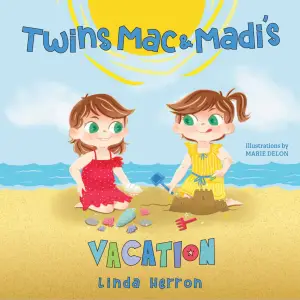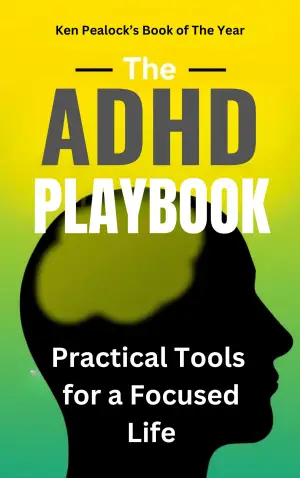Review of The Games Gods Play (The Crucible, #1)
By: [Author Name]
When I stumbled upon The Games Gods Play, the first book in the Crucible series, I was drawn in by its eye-catching cover and intriguing premise, spun from the complex web of Greek mythology. Admittedly, I was curious about author [Author Name] and their take on the classic pantheon. I expected a fresh and exciting twist on gods and mortals, but what I found instead left me reeling. Let’s just say this was a reading experience that had me questioning my sanity.
From the very first pages, I felt like I was experiencing a different book than what many others seem to be praising. Our main character, Lyra, cursed by Zeus for the grievous act of being born in his temple, finds herself navigating a tournament filled with divine challenges. Yet, what could have been a riveting exploration of self-discovery and empowerment transformed into a comedic slog that elicited more facepalms than cheers. I must admit, there were moments I read purely out of sheer anger, perhaps thinking that I owed it to myself to see it through.
Lyra’s journey is marked by immature and disjointed writing that contrasts sharply with her age—23, yet she sometimes reads more like a bewildered teen. Lines like “Hades is back in thundercloud mode” and “my heart goes a little fetal” made me wonder if this was meant to resonate or elicit laughter. Each laughable quip reminded me that this book might have aimed for humor, but it felt more juvenile than sassy. The curse of being “unlovable” seemed less like a plot device and more like a forgotten footnote, as Lyra made friends left and right, blissfully ignoring the inner turmoil that should have defined her arc.
The narrative structure, with chapters awkwardly breaking mid-scene, further exacerbated my frustration. By the time the characters began their trials, I felt utterly disengaged. Lyra was accompanied by a cast of nearly 30 characters, but with so many voices, none stood out meaningfully—each blended into a forgettable backdrop against Lyra’s bland monologue. Boone, the love interest who barely registers before meeting an untimely end, provided a laughably rushed setup for Lyra’s romantic feelings. And let’s talk about Hades—amidst the cringeworthy pet names and forced modern dialogue, my disbelief was left hanging in the proverbial limbo.
While I have to commend the author for creating a world filled with mythological figures, the execution left much to be desired. Its pacing was uneven, diluting the narrative’s potential impact. However, amidst the chaos, there was a glimpse of what could have been—a nuanced examination of Lyra’s humming “problem” could have provided depth but was lost amidst the myriad distractions of her clumsy escapades.
I think fans of lighthearted, humorous romances might find something to appreciate in The Games Gods Play, but for those unearthing profound, resonant themes intertwined with smart storytelling, you might feel as though you’ve wandered into a delightful mess where sense and coherence take a backseat. For me, the book was a mix of frustration and entertainment—definitely not a work of art, but at least finishable.
In conclusion, while I didn’t quite find my cup of tea here, I know it’ll resonate with readers looking for something mindless and quirky. It’s a bold entry into the realm of mythic retellings and a unique reading experience that’s sure to provoke discussion, even if that discussion is fueled by exasperation. Happy reading!
Discover more about The Games Gods Play (The Crucible, #1) on GoodReads >>












